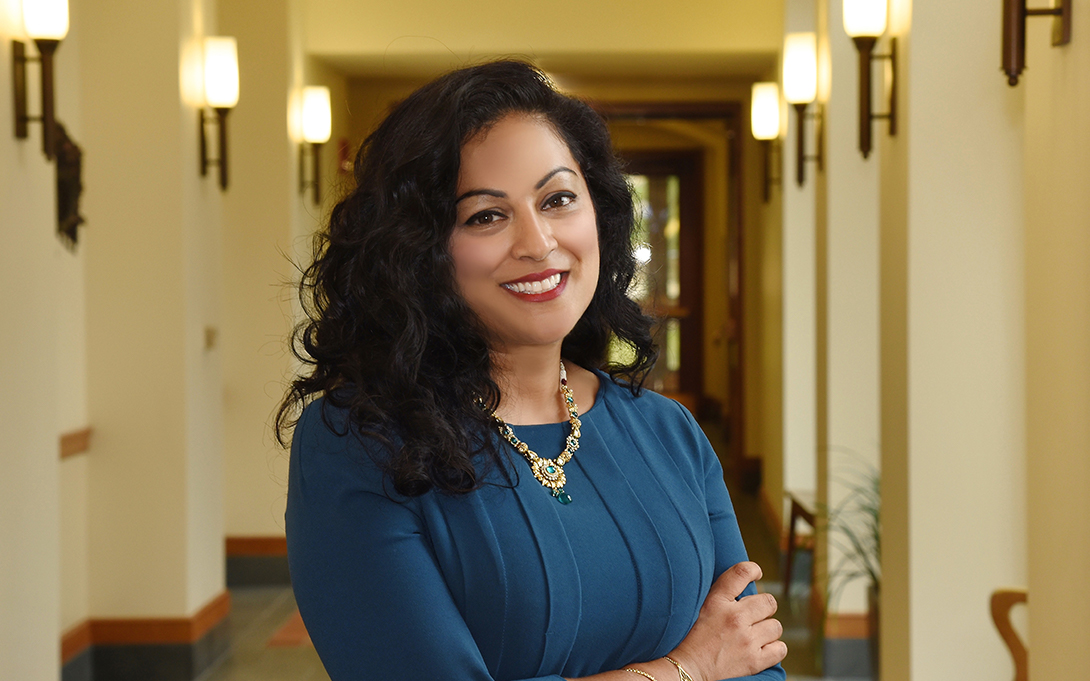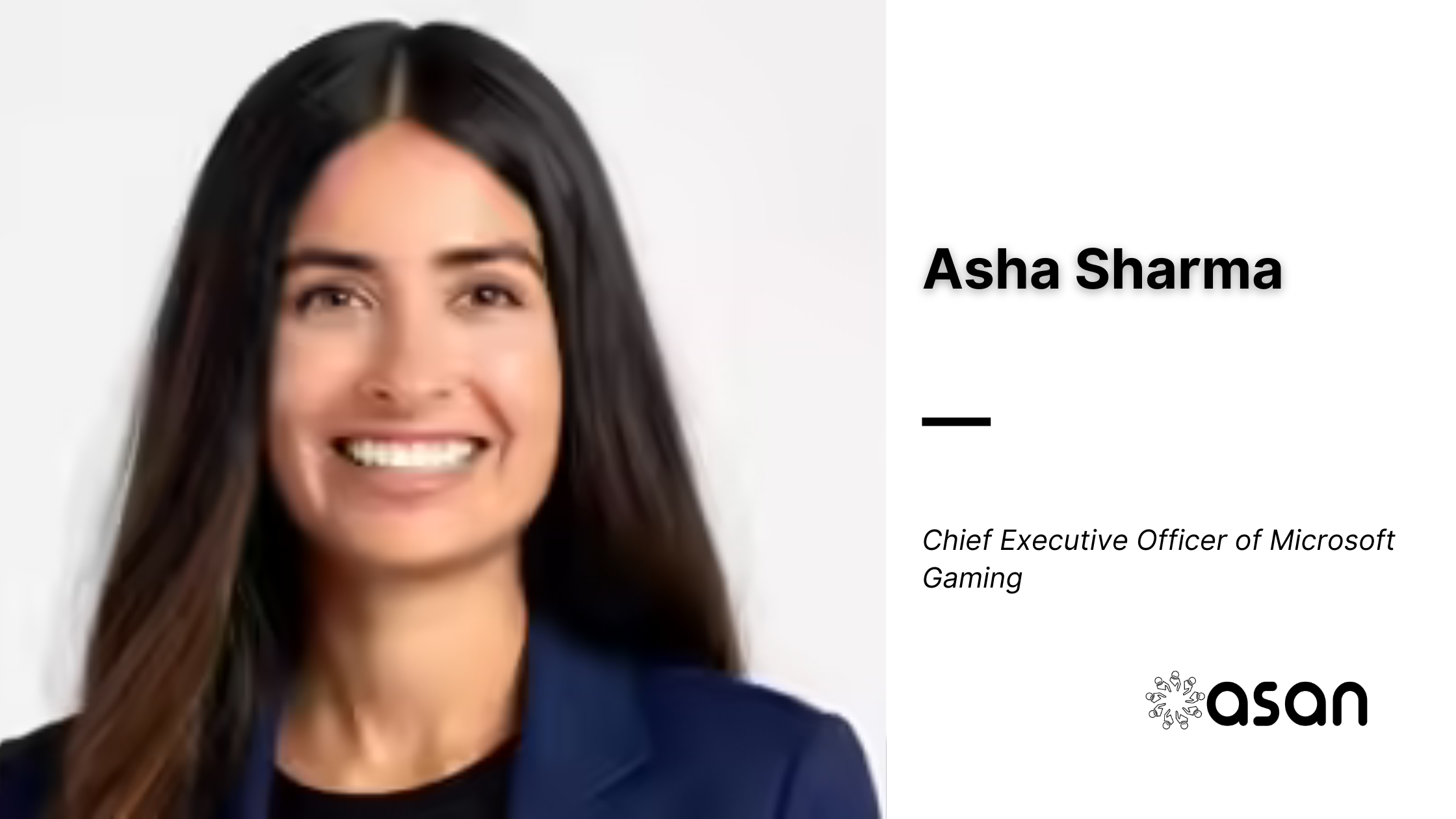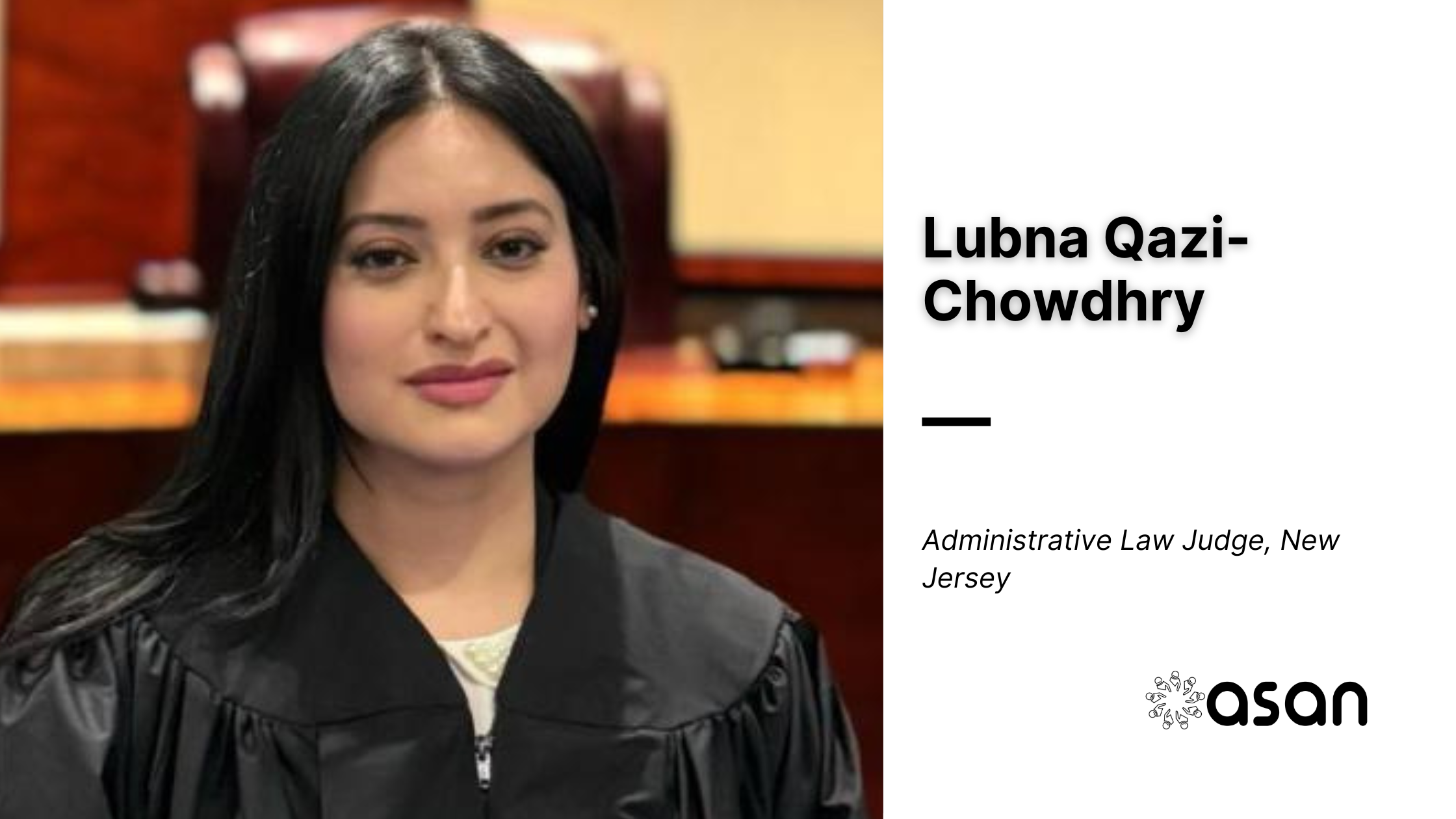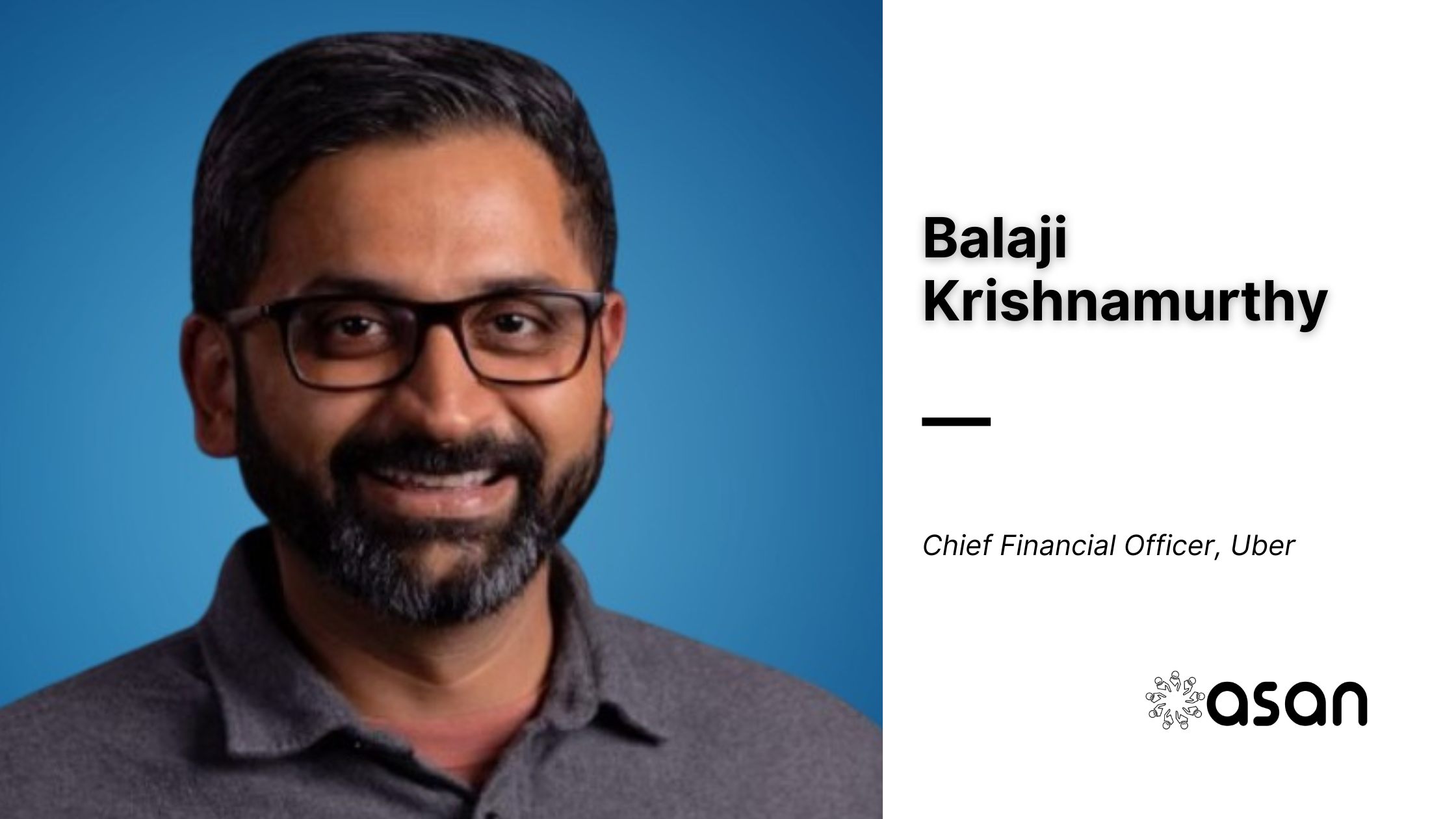Renowned Indian-American policy scholar and technologist Dr. Shobita Parthasarathy has been appointed to the Standing Committee on Advancing Science Communication under the National Academies of Sciences, Engineering, and Medicine (NASEM).
This significant appointment positions her at the forefront of national efforts to build public trust in science through ethical, inclusive, and evidence-based communication.
Established in 2016, the NASEM Standing Committee on Advancing Science Communication fosters collaboration and research to strengthen science communication across disciplines and institutions.
It brings together experts from journalism, data science, public health, and academia to shape how science and technology are presented to the public, especially in today’s era of misinformation and public skepticism.
Parthasarathy’s appointment recognizes her two decades of work at the intersection of emerging technologies, ethics, equity, and public policy.
A professor at the University of Michigan’s Gerald R. Ford School of Public Policy, she also directs the Science, Technology, and Public Policy (STPP) program. Her scholarship critically examines the governance of science and technology, the politics of evidence and expertise, and inclusive innovation systems.
In her statement on the appointment, Parthasarathy said,
“I am particularly excited to provide expertise on how scientists and engineers can develop more equitable and inclusive relationships with the communities they aim to serve, and the kinds of structures and policies that academia and government can adopt to foster more trustworthy science and technology.”
A Voice for Equity in Innovation
Parthasarathy is internationally recognized for her thought leadership on topics such as artificial intelligence, biotechnology, and the democratization of innovation policy.
She has led projects funded by the National Science Foundation (NSF), Ford Foundation, and Wellcome Trust, and previously held fellowships at institutions like the Max Planck Institute and the Wilson Center.
As director of the Technology Assessment Project, she and her team assess the societal implications of technologies such as facial recognition systems and large language models (LLMs), which are becoming increasingly central to public and private sector decision-making.
She also co-hosts The Received Wisdom, a podcast that explores how science and technology shape. and are shaped by society.

A National Effort to Rebuild Trust in Science
Parthasarathy joins a diverse cohort of committee members that includes experts from institutions such as Duke University, Harvard Medical School, Cornell University, Indiana University, and Morehouse School of Medicine, alongside professionals from organizations like the American Enterprise Institute, The COVID States Project, The Open Notebook, and Ciencia Puerto Rico.
The NASEM committee plays a crucial role in helping the scientific community confront challenges such as health misinformation, polarization, and barriers to inclusion in STEM fields.
With Parthasarathy’s focus on justice-driven science policy, her contribution is expected to further the committee’s mission of creating communication strategies that are not just persuasive, but equitable, culturally aware, and grounded in ethics.
About the National Academies of Sciences, Engineering, and Medicine
The National Academies serve as the nation’s preeminent source of independent, objective scientific advice.
Through consensus studies, expert convenings, and ongoing committees like this one, NASEM addresses complex societal issues and works to align science, engineering, and medicine with the public good.



